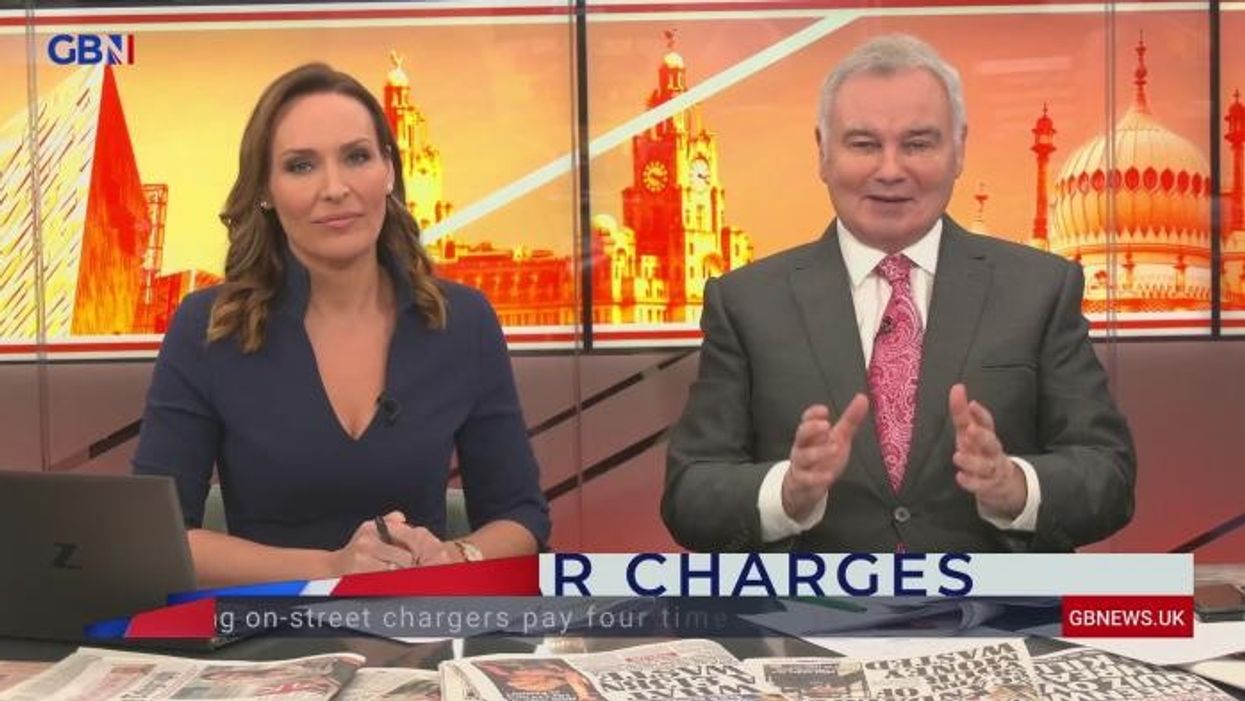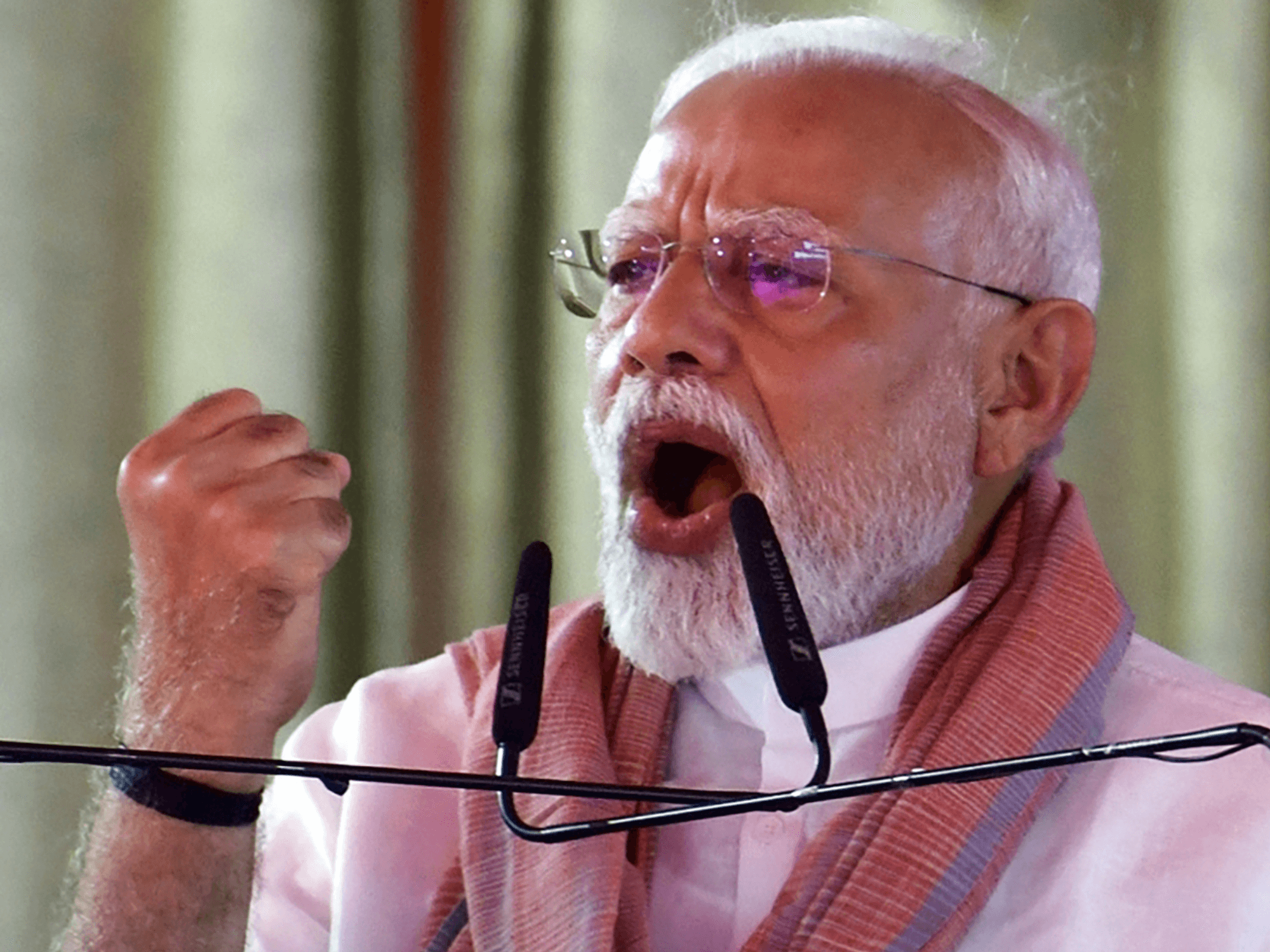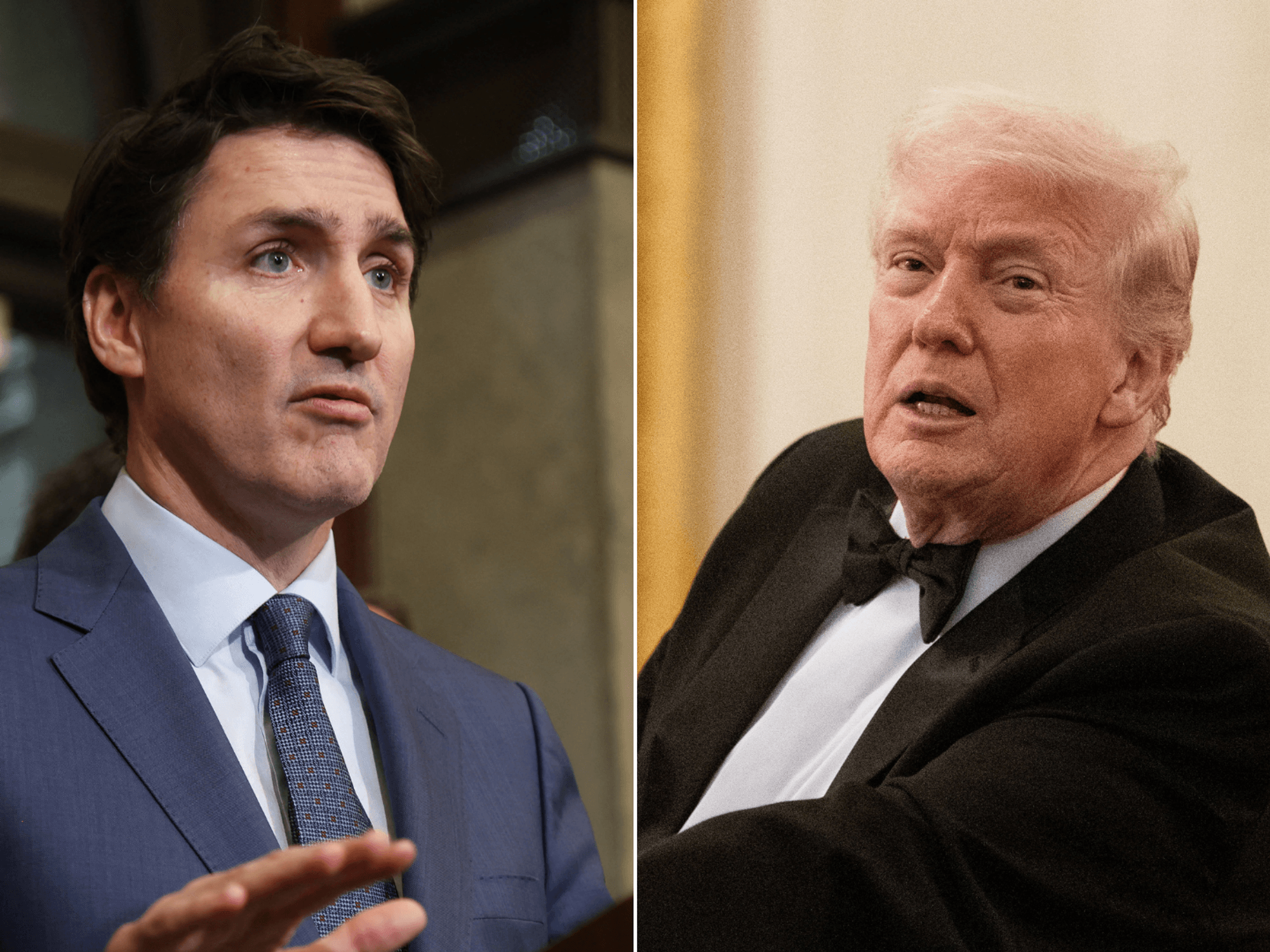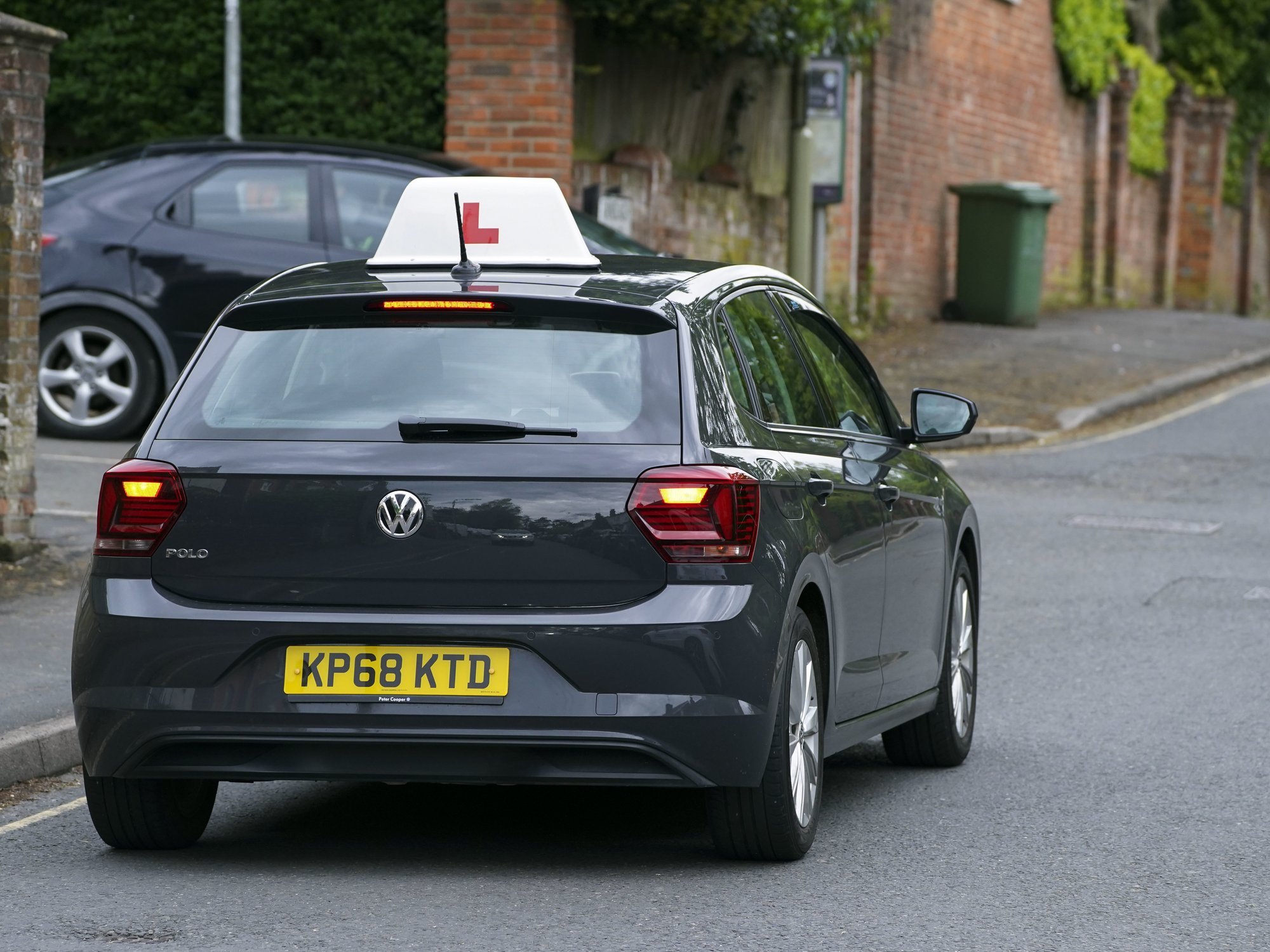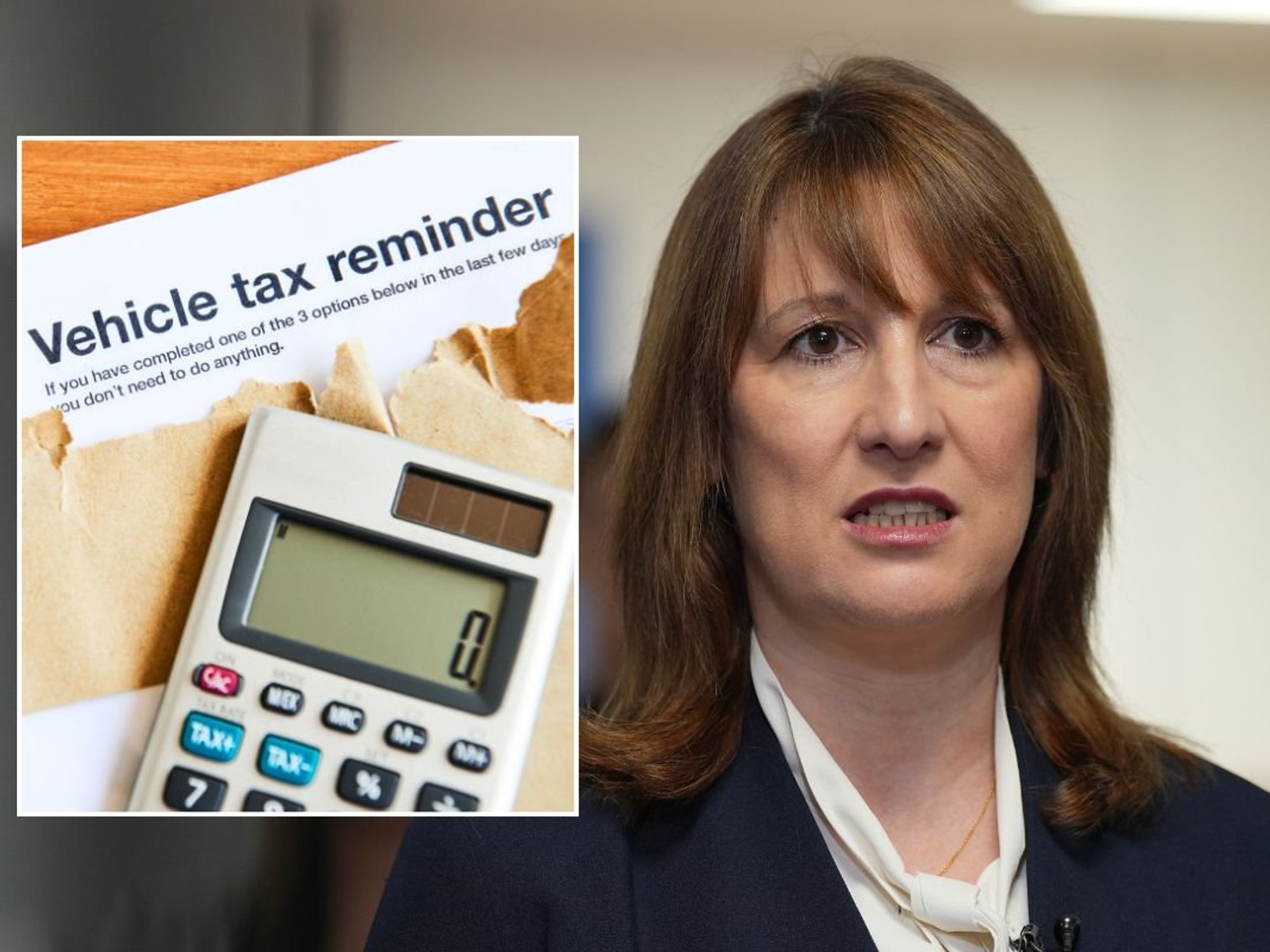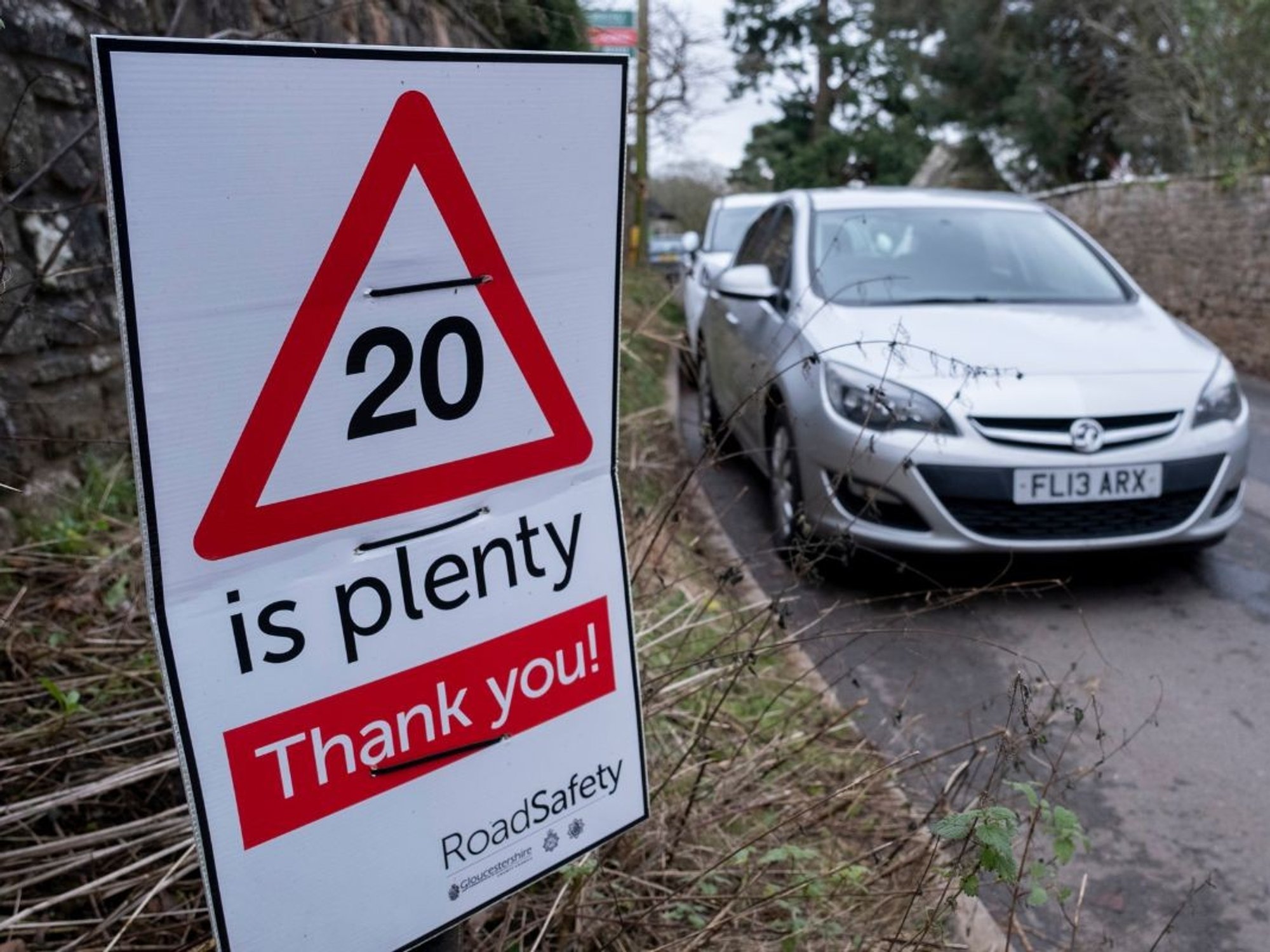Electric vehicles are becoming more accessible - is it time for British drivers to ditch petrol and diesel? Analysis by Felix Reeves

British roads could transition to electric vehicles sooner than previously thought
Don't Miss
Most Read
When is the right time to switch to an electric vehicle? For some, it’s only a matter of time before their transition, whereas others need major changes if they are to embrace an electric lifestyle.
The rush to buy an electric vehicle is not as urgent as it once was after Prime Minister Rishi Sunak delayed the deadline to ban the sale of new internal combustion engine cars and vans last September.
The shift change from 2030 to 2035 was arguably the most contentious issue during his net zero speech when he also delayed the phase-out of gas boilers in a bid to cut emissions by 2050 in a “more proportionate way”.
With the latest data showing EV charging costs falling and fuel prices getting ever more expensive, should there be an onus on the Government to launch new measures?
Do you have a story you'd like to share? Get in touch by emailing motoring@gbnews.uk
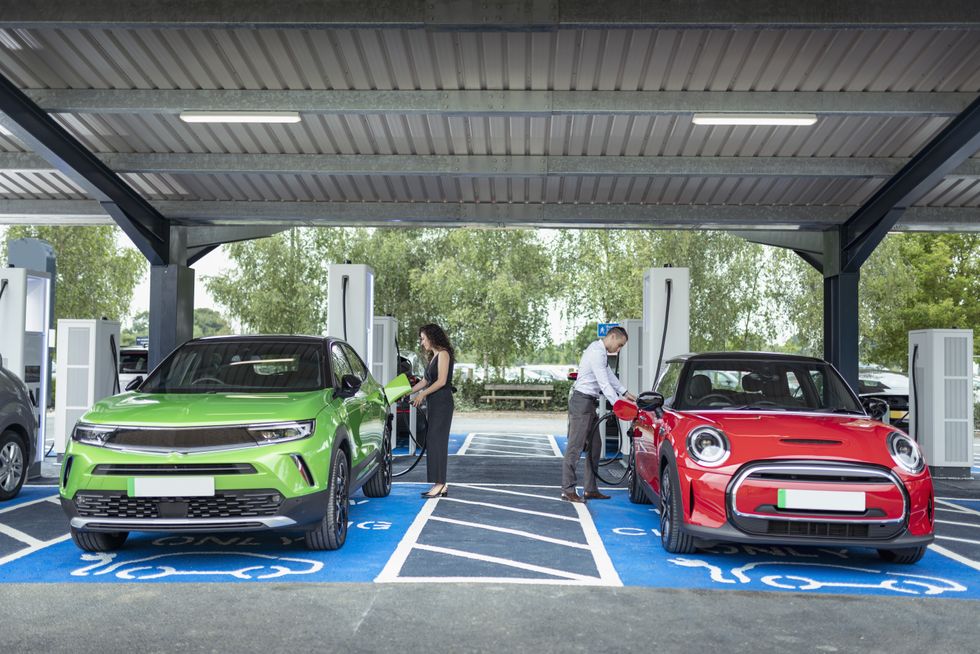
A new electric vehicle is registered every 50 seconds
| GETTYIn his speech, Sunak praised the UK's speed in developing the suitable infrastructure needed to make the widespread rollout of electric cars a reality and a success. At the time, one new electric vehicle was being registered every 60 seconds, with this number likely to continue growing over the coming years as drivers make the switch.
Prior to the net zero U-turn, experts from the Society for Motor Manufacturers estimated that registrations could grow to one every 50 seconds by the end of 2023, with the likelihood that a new EV would be registered every 40 seconds at some point this year.
When delivering his announcement, the PM said the UK was becoming a “world leader” for electric vehicles, supported by billions of pounds worth of investment for gigafactories, falling EV prices, improvements to battery range and the spread of new public charging facilities.
Crucially, Rishi Sunak said that consumers should be able to choose when they switch, not the Government forcing them to do so, at least for the time being.
WATCH: Rishi Sunak delays 2030 petrol and diesel car sales ban
He pointed to other world superpowers like Germany, France and Canada having their deadline to ban petrol and diesel car sales in 2035, adding that the UK needed to strengthen the automotive industry so “we aren’t reliant on heavily subsidised, carbon intensive imports, from countries like China”.
The embattled Prime Minister described the move as “easing the transition” to electric vehicles, highlighting three key aspects: high upfront costs, businesses concerned about practicalities and a nationwide charging network.
These are legitimate criticisms, and they urgently need to be addressed before the general public can switch to an electric vehicle. However, many motoring experts will question whether that warrants a five-year delay in banning petrol and diesel vehicles.
Most electric cars still cost more than £30,000 and may not have the desired range for many drivers, but new models are constantly being released and the new Zero Emission Vehicle mandate will force manufacturers to be more competitive and produce a larger amount of EVs.
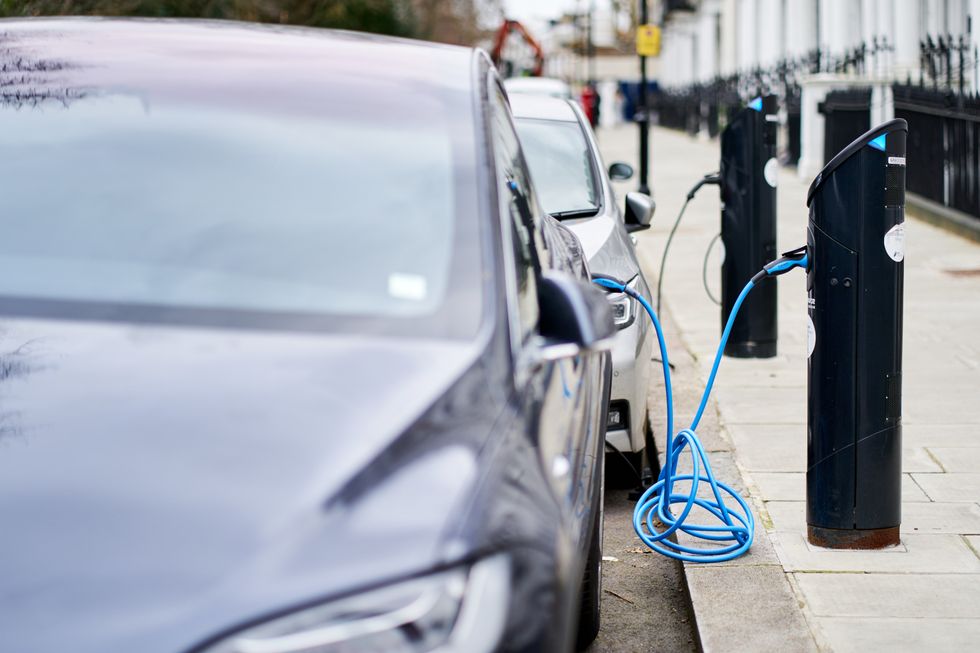
There are more than 57,000 chargers across the UK
| PAThe MG4 is already one of the most popular electric cars with a huge 323-mile range, despite costs starting from around £27,000, with other EVs also falling under the £30k mark like the Fiat 500e, the Nissan Leaf and the Renault Zoe.
Chinese brands are also offering cheap alternatives. The Seres 3 will hit forecourts later this year for a price point of £29,995, with many hoping the electric SUV will push established brands to slash their prices for drivers.
Another massive Chinese manufacturer – BYD – has previously announced its intention to capture a six per cent share of the UK electric car market in the coming years with its popular Dolphin, ATTO 3 and Seal models all set to capture the attention of motorists looking to make the switch.
Prices are one issue, but drivers are also being hampered by the availability of charging facilities and whether they are able to rely on them. Data from Lloyds Bank found that more than two-fifths of UK homes are unsuitable for charging an electric vehicle as a result of off-road parking.
LATEST DEVELOPMENTS:
- Drivers urged to avoid vital motorway routes at certain times over Easter with massive delays expected
- Toyota and Lexus owners could be owed compensation over claims their keyless cars can easily be stolen
- Drivers warned of AI cameras set to be 'deployed nationwide promptly' and slap motorists with huge fines
The most recent data from Zapmap shows that electric vehicle owners across the UK can make use of 57,290 devices across more than 32,500 locations, with almost 11,000 of these being rapid or ultra-rapid chargers.
Drivers have been boosted by the Government’s extension to the EV chargepoint grant which allows anyone who owns or rents, has an electric vehicle and has access to adequate street parking to claim up to £350 off the price of a home charger.
There are still more than 10 years before the petrol and diesel car ban and drivers don’t even need to switch after that date, as the Prime Minister noted in his speech. There are, however, growing calls for motorists to make the switch to slash pollution rates.
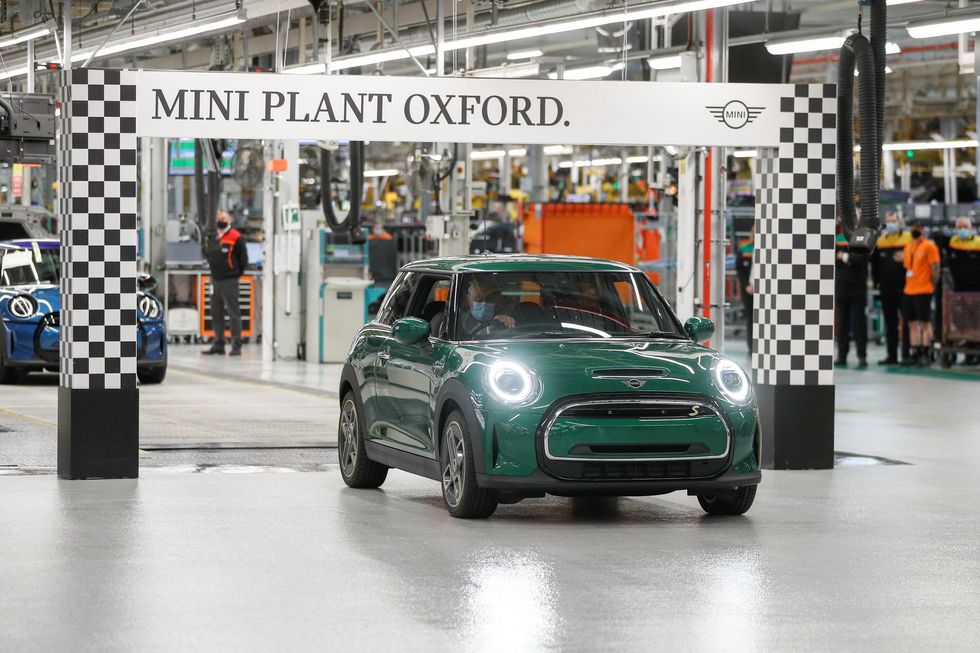
The new ZEV mandate will encourage competition between manufacturers
| PAIf the necessary issues with electric vehicles are being addressed with falling prices and more chargers, more drivers will be in the position to switch in the coming years. Manufacturers are introducing grants and charge point operators have launched subscription schemes to bring prices down.
Perhaps drivers won’t need to wait for the 2035 deadline to make the switch and could embrace an EV before the end of the decade to save themselves money and cut emissions.


